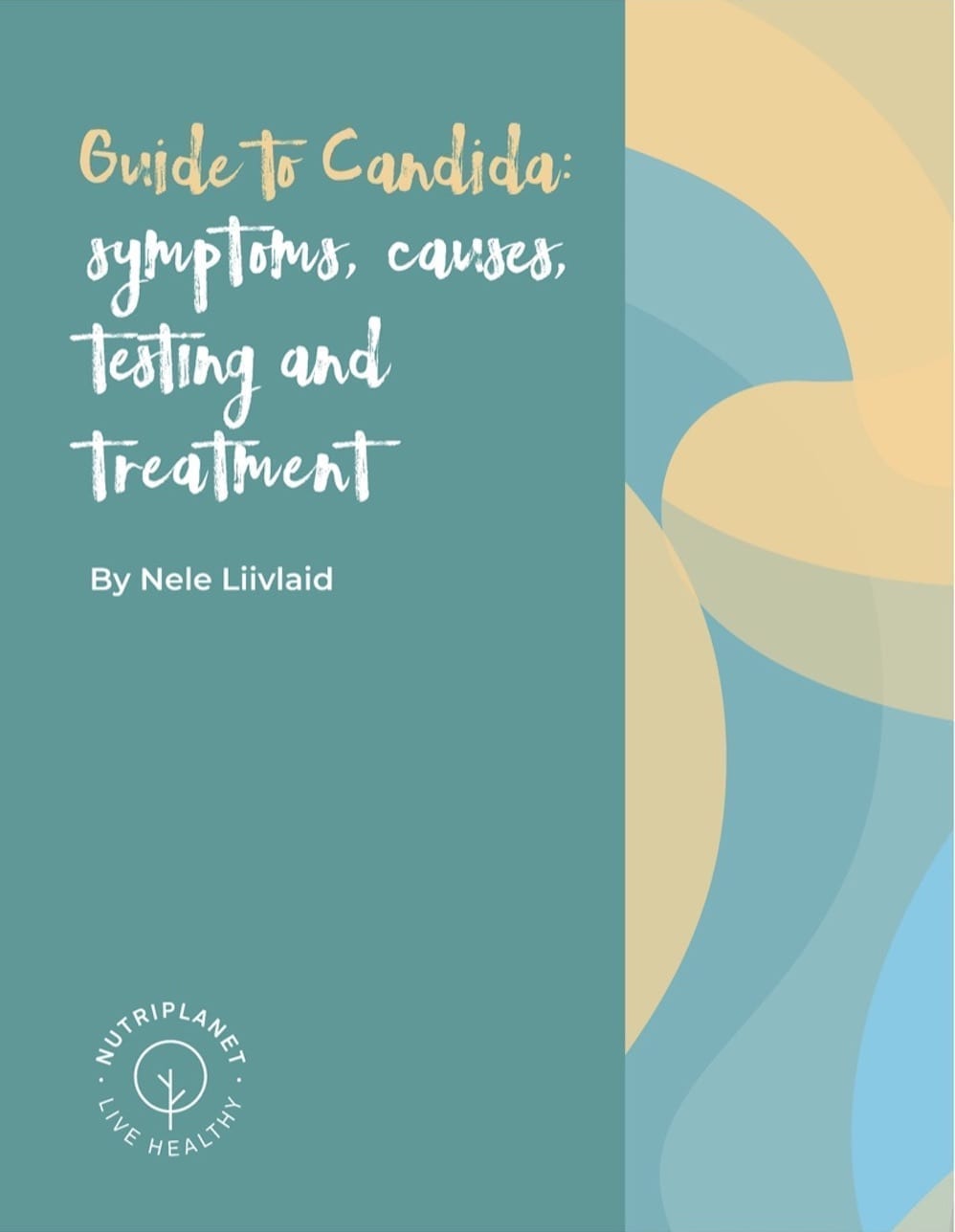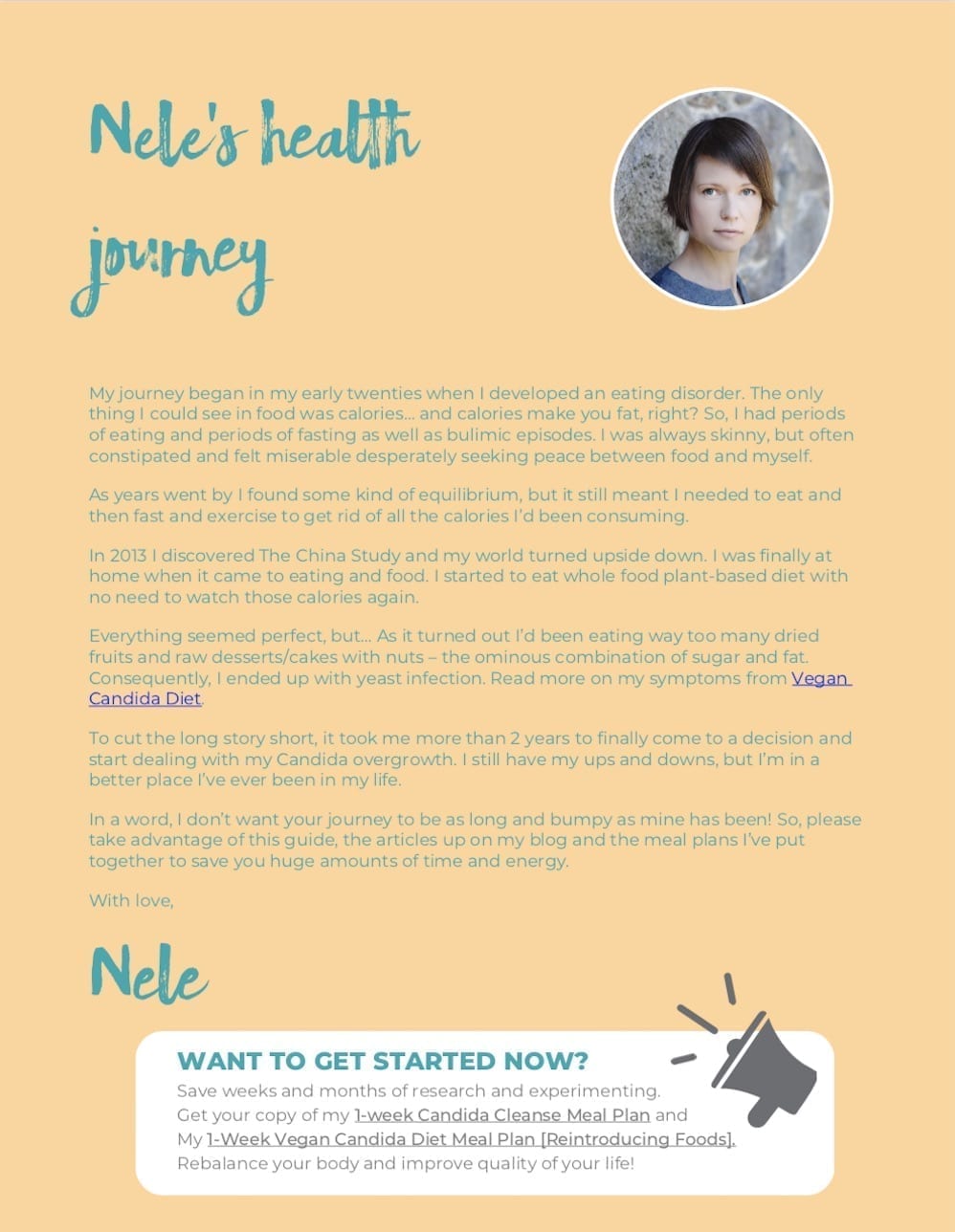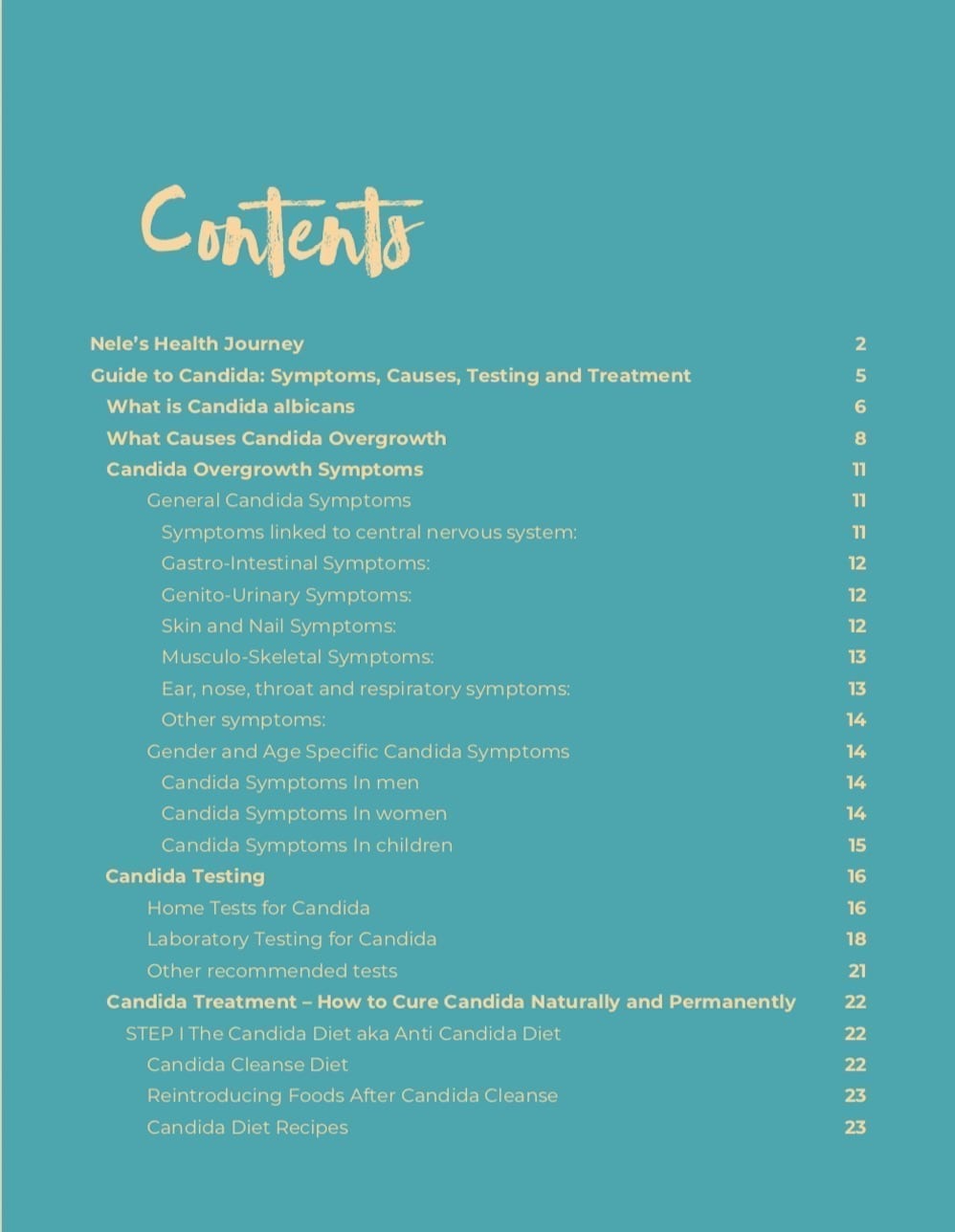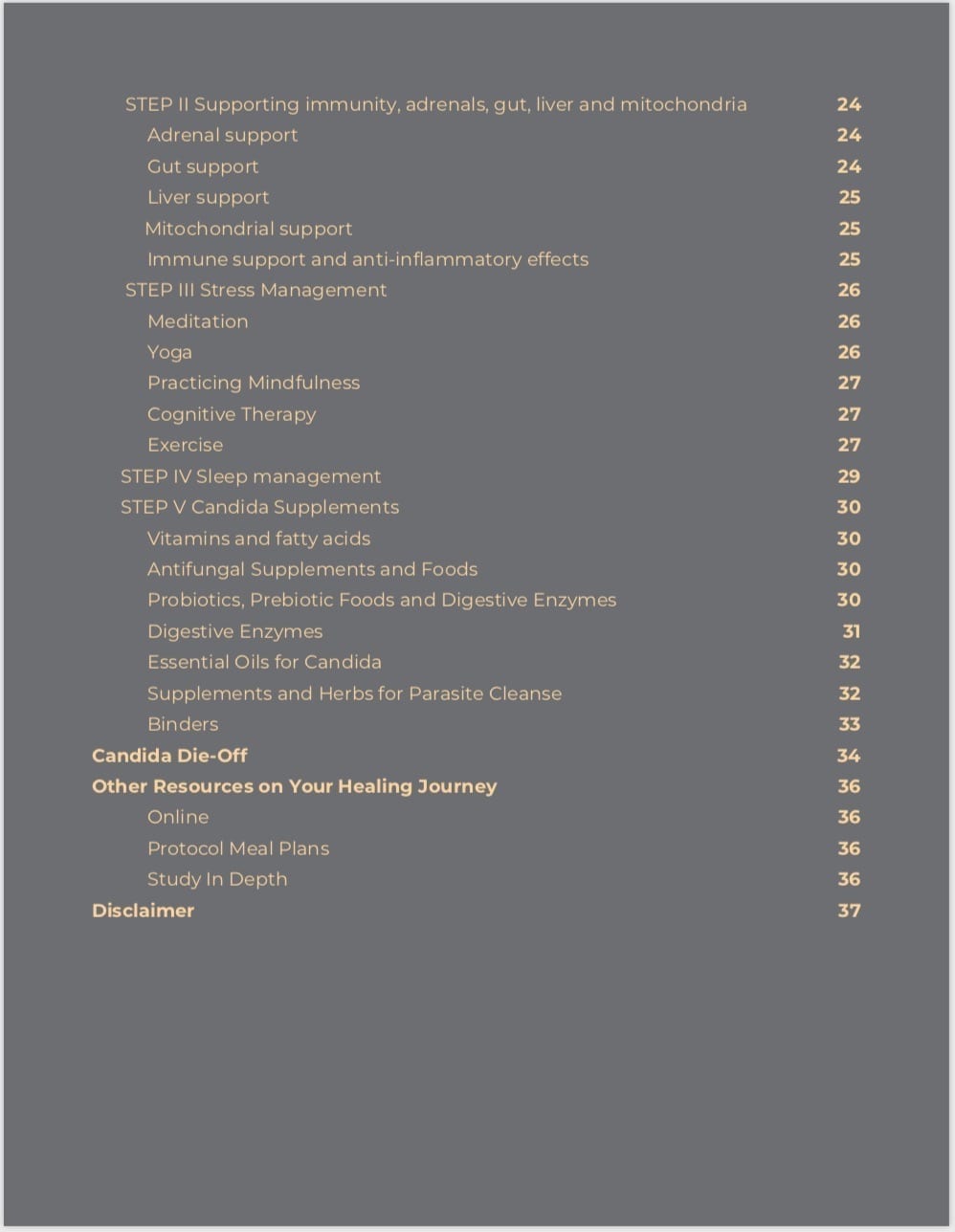We live in a world that is constantly in motion, where technology often alters natural rhythms and where we are encouraged to be perennially available. Let’s rediscover and respect our body’s circadian rhythm again.
This article shines a light on the impact that our body’s internal clock has on our overall well-being, vitality, and health. With scientific insights and practical wisdom, we will paint a picture of how tuning into our circadian rhythm can be a transformative practice, guiding us towards a life of enhanced harmony, balance, and wellness. Join us as we delve into the rhythms that influence our sleep, our mood, and even our digestion, and discover how to make them work in favour of your health and happiness.
Be sure to explore the companion article that perfectly complements the insights shared in this one: How to Sleep Better: Tips and Tricks for Optimal Rest. Together, they offer a comprehensive perspective and additional strategies to enhance your journey toward improved well-being.
Go ahead and listen to this article as a podcast and check out my other episodes full of gems!
Table of contents
What Is Circadian Rhythm?
You’ve probably heard the term before, but you might not fully understand the concept. It’s derived from the Latin words ‘circa’ meaning ‘around’ and ‘diem’ meaning ‘day’. The circadian rhythm quite literally translates to ‘around a day’. And that’s precisely what it is—a roughly 24-hour cycle that dictates various physiological processes in almost all living organisms.
Now, imagine for a moment, our ancient ancestors. They didn’t have the luxury of artificial lights or digital devices. Their lives were deeply intertwined with the rhythm of the sun. As the sun rose, they woke up; as it set, they settled down. This day-night cycle has been a fundamental part of the Earth’s design for billions of years, and life on our planet has evolved in harmony with this cycle. This evolution has embedded a sense of time within us and all living beings, aligning our internal processes with the external environment.
Our bodies, much like those of other organisms, contain an intricate internal ‘clock’. This isn’t a ticking clock like the one on your wall but a biological one situated in the hypothalamus region of our brain, known as the suprachiasmatic nucleus or SCN. This master clock orchestrates a symphony of bodily functions, from when we feel awake to when we’re hungry, and even when certain hormones are released. In essence, the circadian rhythm ensures our body’s internal processes are synchronized, allowing us to function optimally in relation to the world outside.
It’s fascinating to think about, isn’t it? That deep within us, we have a rhythm, a pulse that’s connected to the very fabric of the Earth and the universe. It’s this rhythm that we’ll explore today, understanding how it affects our sleep, our health, and our overall well-being.
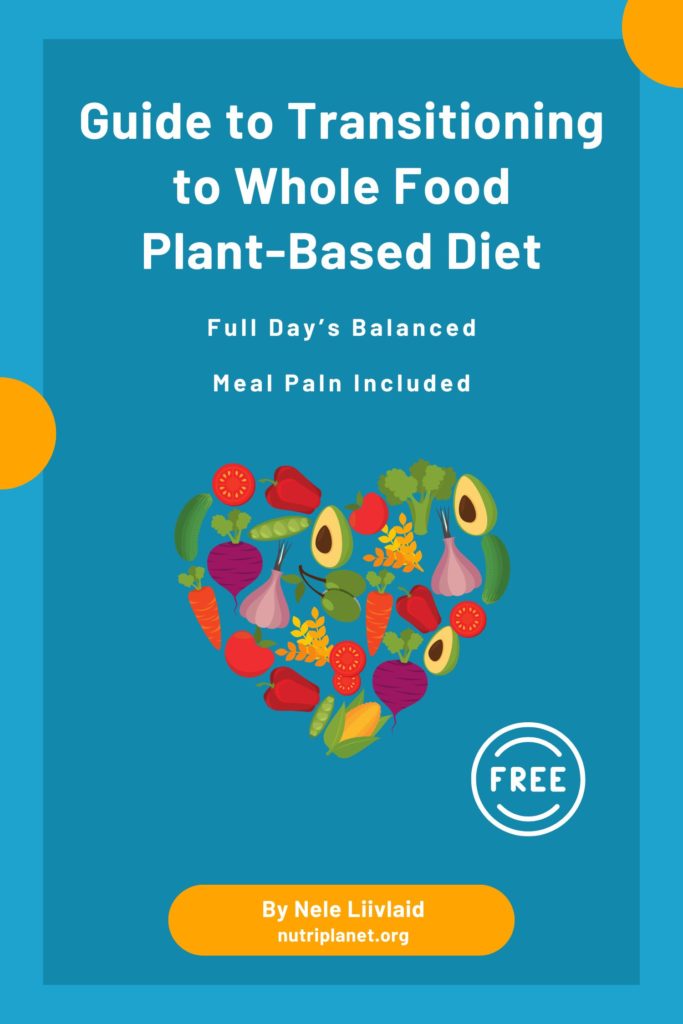
Download my FREE Guide to Plant-Based Diet
Including a full day’s meal plan!
Learn the basics, prepare your kitchen and pantry, compile a balanced meal plan, handle challenges with family and friends, learn the tricks of dining out as well as travelling.
Learn the secrets of weight loss, better health and happiness!
The Science Behind Circadian Rhythm
As we delve deeper into the realm of the circadian rhythm, it becomes evident just how profound its influence is on our bodies. It’s not merely an abstract concept; it’s a tangible, biological process that guides various facets of our physiology.
One of the most notable ways the circadian rhythm manifests is in our hormone production. The two key players in this space are melatonin and cortisol.
Melatonin, the Pineal Gland, and Our Connection to Light and Darkness
The pineal gland, a tiny but powerful organ nestled deep within our brain, plays an integral role in how we perceive and respond to the world around us. Acting as the cornerstone of our endocrine system, this gland is responsible for producing two crucial hormones: serotonin and melatonin.
Interestingly, its functions are not only dictated by the light we perceive but are also influenced by magnetic fields. This intimate connection between the pineal gland and our environment shapes our psycho-emotional well-being, helping us attune to the natural ebb and flow of our surroundings.
Melatonin
Let’s zoom in on melatonin. It is often termed the ‘sleep hormone’ and is the premier hormone secreted by the pineal gland. What’s its role then? To keep us harmoniously synchronised with the world. It helps us stay attuned to the seasonal balance between day and night and aligns our sleep-wake cycle with the ever-changing patterns of daylight and darkness. This becomes particularly evident as we transition between the winter and summer solstice.
In addition, melatonin is a potent antioxidant. It bolsters our immune function and acts as a buffer against stress by reducing cortisol levels. So, melatonin wears many hats – it influences three important systems in bodies – nervous, endocrine, and immune system. And its efficacy is highly reliant on the balance of light and dark in our environment. Even a slight exposure to light during our regular sleep hours—whether it be from TVs, computers, or even digital alarm clocks—and we can disrupt melatonin production, thus, throwing our sleep patterns out of whack.
To sum it up, melatonin has a pivotal role in both maintaining our connection with the environment and in sleep regulation. So, it’s no wonder that it’s a remedy for issues like insomnia, seasonal affective disorder, and even jet lag.
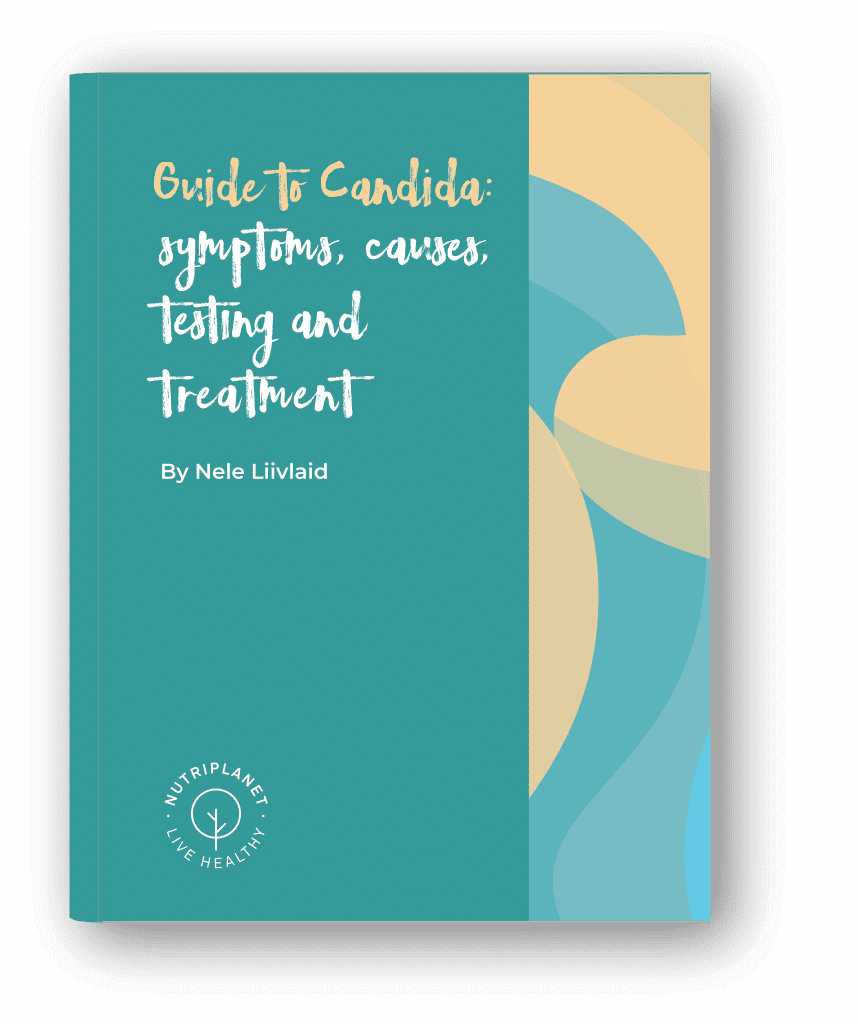
Cortisol
Now, on the flip side, we have cortisol, sometimes called the ‘stress hormone’ or ‘wake-up hormone’. As dawn breaks, cortisol levels in our bloodstream surge, and they act like a natural alarm clock. This increase provides us with the energy and alertness we need to start our day. On the other hand, if you have elevated cortisol levels at night it can disrupt your sleep. And this is why we need to manage stress and ensure there’s a proper balance.
Moving forward, the circadian rhythm’s influence doesn’t stop at hormones. Our body temperature, too, flows with this rhythm. Typically, our core temperature drops during the night-time, facilitating better sleep, and rises as we approach daytime, making our bodies ready for activity.
Cortisol and melatonin aren’t the only aspects that the circadian rhythm influences. Let’s look into metabolism. So, we have hormones to regulate both hunger and satiety. Did you know that a disrupted circadian rhythm can skew the delicate balance between those hormones? Yes, sleep has a huge part in maintaining a harmonious equilibrium between these two hormones. It ensures that we feel hungry when we need nourishment and full when we’ve had enough.
Metabolism and Circadian Rhythm
Now, there’s more to sleep and metabolism. Here’s where insulin jumps in. It’s a crucial hormone for blood sugar regulation and cellular nourishment. As it turns out, our sleep patterns have a huge impact on the way our body responds to insulin.
If we get adequate, quality sleep we ensure that our cells respond well to insulin and keep our blood sugar levels in check. However, a lack of proper sleep can hinder this insulin sensitivity. If we’re less sensitive to insulin, it leads to elevated blood sugar levels and, over time, we increase the risk of becoming insulin resistance. Meaning, our pancreas releases insulin but it doesn’t have its required effect.
So, here you have it – another reason to align your daily activities with your natural circadian rhythm because getting good sleep is so essential to your metabolic health.
Let’s wrap up circadian rhythm. In essence, it operates like a master conductor. It orchestrates various physiological processes and ensures that they work in harmony. When this rhythm is disrupted, we’re out of sync. That’s why it’s paramount to understand and respect our internal clock, and to make sure it remains in harmony with the natural world.
Consequences of Disrupting the Circadian Rhythm
When we talk about the importance of circadian rhythm, it’s not just about getting a good night’s sleep or waking up refreshed. It’s about the larger impact it has on our overall health. Disregarding our natural sleep-wake cycle can lead to a myriad of health complications. Let’s delve into some of these:
Sleep Disorders
The most immediate and obvious consequence of disrupting our circadian rhythm is sleep disorders. Conditions like insomnia, where you find it hard to fall asleep, or sleep apnea, where your breathing repeatedly stops and starts, can be aggravated by not adhering to a regular sleep schedule.
Obesity and Metabolic Syndromes
Our body’s ability to process food and store energy is closely tied to our sleep-wake cycle. When this gets out of balance, it can lead to weight gain and even metabolic syndromes. In fact, irregular sleep patterns can affect appetite-regulating hormones, leading to increased hunger and calorie intake.
Diabetes
As touched upon earlier, sleep has a direct influence on how our body reacts to insulin. Disrupted sleep can result in higher blood sugar levels, increasing the risk of type 2 diabetes.
Mood Disorders
We’ve all felt irritable after a bad night’s sleep, but consistent disruptions in our sleep pattern can lead to more serious mood disorders like depression and anxiety. Sleep and mood are intimately connected; a disrupted circadian rhythm can lead to hormonal imbalances that affect our emotional state.
Potential Links to Cancer
Some research suggests that long-term disruption of the circadian rhythm might increase the risk of certain cancers. While the exact mechanisms aren’t fully understood, it’s believed that the disruption of certain hormones could play a role.
Cognitive Impairments
A good night’s sleep isn’t just about feeling rested—it’s crucial for our brain to function optimally. Disrupting our circadian rhythm can affect our cognitive abilities, including attention, problem-solving, and memory. Over time, chronic sleep disruption can even lead to long-term memory issues and decreased cognitive functions.
Mental Well-Being
Beyond just mood disorders, a consistent sleep pattern is vital for overall mental well-being. It plays a significant role in stress regulation, decision-making, and even our interpersonal relationships.
In essence, our circadian rhythm is a foundational aspect of our health—both physical and mental. When we align our lives with it, we’re not just improving our sleep; we’re enhancing our overall quality of life.
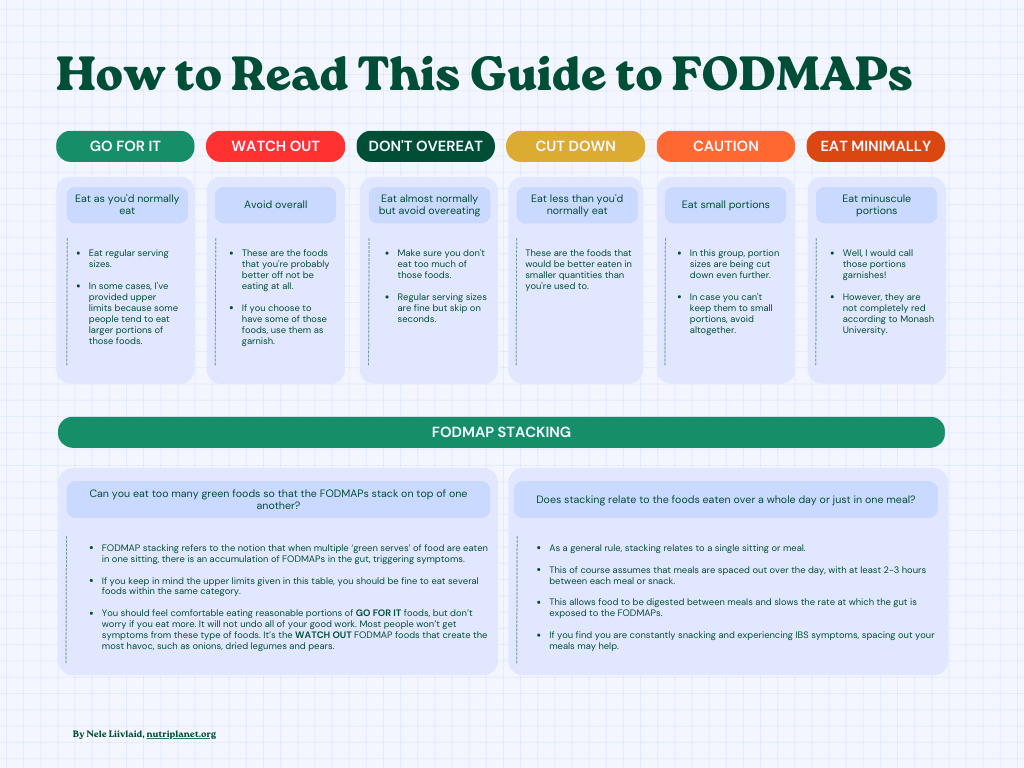
FODMAP Food List & Guide to Low FODMAP Bowls
Get a comprehensive and easily graspable FODMAP food list as well as a step-by-step guide to compiling healthy and balanced low FODMAP bowls
Concluding Thoughts: Embracing the Rhythms of Nature
In wrapping up our exploration of the circadian rhythm, it becomes so clear just how influential and fundamentally imperative these natural rhythms are to our overall health and well-being. By aligning ourselves more closely with these inherent cycles, we foster an environment within our bodies that is conducive to optimal functioning, enhancing everything from our sleep to our mood to our metabolic processes.
Understanding and respecting our circadian rhythms isn’t just about scheduling sleep or meal times; it’s about nurturing a profound connection with the natural ebbs and flows ingrained within our biology, allowing us to thrive in synchrony with the world around us.
And this is just the beginning of our journey into the realms of rest and rejuvenation. In our upcoming article, we’ll delve even deeper, exploring the crucial aspect of sleep hygiene. There, we’ll uncover practical strategies and insightful tips to cultivate a sleep environment that not only supports the circadian rhythm but also promotes a restful and rejuvenating sleep experience.
Sources (all online sources were accessed in October 2023):
- Haas, Elson M.; Levin, Buck. Staying Healthy with Nutrition. [Amazon affiliate link].
- “Metabolic Syndrome – Symptoms and Causes.” Mayo Clinic, [Link].
- Circadian Rhythms in Diet-Induced Obesity. Atilla Engin, [2017] [Link]
- The role of insufficient sleep and circadian misalignment in obesity. Nature Reviews Endocrinology. [2022] [Link]
- Impact of circadian disruption on glucose metabolism: implications for type 2 diabetes. Diabetologia. 2020 Mar; 63(3): 462–472. [Link]
- A Growing Link between Circadian Rhythms, Type 2 Diabetes Mellitus and Alzheimer’s Disease. Int J Mol Sci. 2022 Jan; 23(1): 504. [Link]
- Major roles of the circadian clock in cancer. Cancer Biol Med. 2023 Jan 15; 20(1): 1–24. [Link]
- Roles of circadian clocks in cancer pathogenesis and treatment. Experimental & Molecular Medicine volume 53, pages1529–1538 (2021). [Link]
- Circadian rhythms and cancers: the intrinsic links and therapeutic potentials. Journal of Hematology & Oncology volume 15, Article number: 21 (2022). [Link]
- Circadian rhythm disruption and mental health. Translational Psychiatry volume 10, Article number: 28 (2020). [Link]
- Sleep, Circadian Rhythms, and Anxious Traits. Curr Psychiatry Rep 2015 Sep;17(9):73. [Link]
- Circadian symptom fluctuations in people with anxiety disorders. Journal of Affective Disorders Volume 11, Issue 3, November–December 1986, Pages 213-218. [Link]
- Circadian Rhythm Disturbances in Depression. Hum Psychopharmacol. 2008 Oct; 23(7): 571–585. [Link]
- Cognition in circadian rhythm sleep disorders. Progress in Brain Research Volume 190, 2011, Pages 3-20. [Link]




































